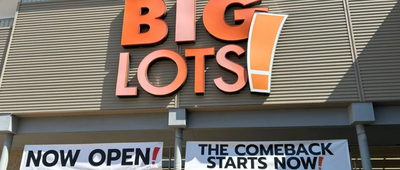Up in a Downturn
The stock market tumbles, businesses halt operations, and consumers tighten their belts against inflationary price hikes — it all sounds pretty bad. Yet some industries have built-in mechanisms that allow them to survive, and even thrive, when economic storm clouds gather. Whether it’s about finding businesses to invest in or industries it’s safe to work in, these are worth a look. Do you have more to add to the list, or experiences to share about working one of these jobs? Tell us in the comments.
























